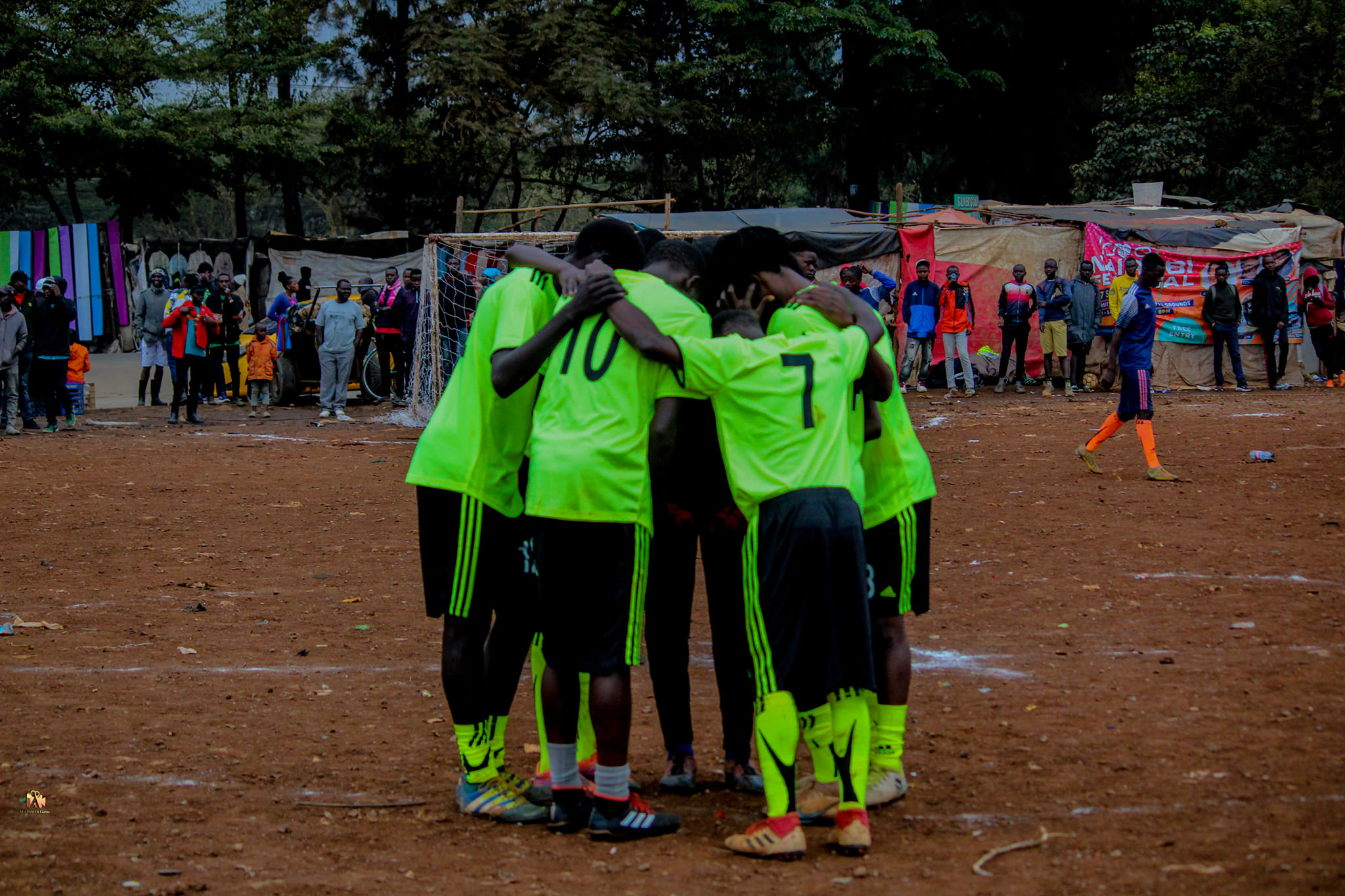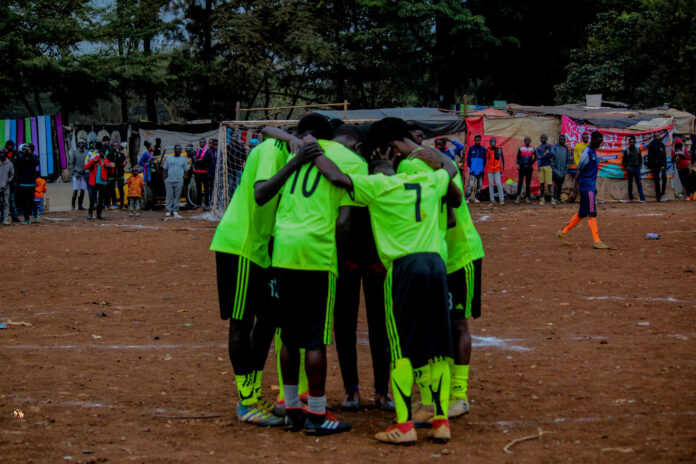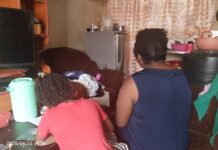|
Getting your Trinity Audio player ready...
|
By Doris Kathia
Comprehensive Sexuality Education (CSE) is not a threat to morality or cultural values but rather a means to protect the health, well-being, and dignity of our young people. Kenya is faced with the challenging task of addressing the rising teen pregnancy rates and its impact on the rights and education of young girls. Thus, Kenya must acknowledge the role that CSE and parents play in safeguarding the rights and education of young girls.
The East and Southern Africa (ESA) Commitment aims to provide young people with age-appropriate, scientifically accurate, and inclusive CSE. Kenya’s withdrawal from the ESA Commitment was a wrong move; it poses a significant risk to adolescents, hinders progress, and limits access to accurate and age-appropriate information about sexual and reproductive health.
During the two-month school closure in Kenya, adolescents will likely lack structured activities and sufficient parental supervision. This idle time can lead to the spread of misinformation and experimentation out of curiosity and even deception. Now is the time to be present and intentional about having honest conversations with your adolescents on whatever issue including sexual and reproductive health. Avoiding or delaying CSE can result in unintended consequences, making it critical for parents to actively address this issue in the absence of a formal CSE program.
CSE is a rights-based, gender-focused approach designed to provide young people with scientifically accurate, realistic, non-judgmental, and age-appropriate knowledge and skills to make informed decisions about their sexual and reproductive health. CSE is information about their sexual and reproductive health. It goes beyond just biological facts, covering topics such as protection against sexual abuse, human rights, relationships, cultural norms, gender roles, and promoting gender equality.

Between June 2016 and July 2017, the United Nations Population Fund (UNFPA) reported that a staggering 378,397 adolescent girls in Kenya aged between 10-19 became pregnant. These numbers are not just statistics; they represent the lives and futures of young girls, many of whom sit for national exams while pregnant or just after giving birth. The average age of a standard 8 candidate is just 13 years old, and this paints a bleak picture of adolescent sexual health in the country making it crucial to address this issue promptly. These pregnancies often lead to school dropouts, affecting girls’ rights to education and Kenya’s progress in sexual and reproductive health and sustainable development.
Contrary to some myths, CSE does not encourage early sexual activity or risky behavior, nor does it erode African values and morals. Instead, it equips young people to make responsible choices and reinforces values such as respect and equality. It helps delay sexual initiation, reduce unintended pregnancies, and protect against sexually transmitted infections, including HIV.
Contrary to common misconception, CSE does not replace parental roles. While CSE is taught in schools, it complements the role of parents, promoting a collaborative approach to ensure that young people receive accurate information in a safe and healthy learning environment. It is an essential tool for addressing issues such as teen pregnancy, a significant challenge for young people’s rights to education and sustainable development in Kenya.
Perhaps we should remind ourselves that CSE is not a new concept. Traditionally, knowledge about sex and sexuality was passed down through generations within families and communities. However, society has evolved; modern adolescents are exposed to a plethora of information, not all of which is accurate or age-appropriate. These external influences are abundant, Parents can bridge this gap with open and honest discussions about CSE, including topics like consent, contraception, and healthy relationships.
To address the urgent challenges related to adolescent sexual health, Kenya should reconsider its withdrawal from the ESA Commitment and reinstate its commitment to CSE. It’s essential to actively engage in discussions that empower young people to make informed decisions about their sexual and reproductive health. Parents should champion comprehensive sexuality education in their homes – a responsibility we cannot afford to ignore.
Moreover, effective collaboration between stakeholders is needed to develop and implement evidence-based policies and guidelines for successful CSE programs. We must prioritize teacher training, ensuring they have the support and resources necessary to teach sensitive topics.
Ms. Kathia, a communications specialist, is a Sexual and Reproductive Health and rights and Youth Advocate at NAYA Kenya. doriskathia@gmail.com














